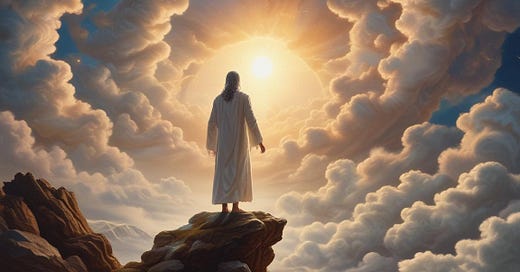“If you look for truth, you may find comfort in the end: if you look for comfort you will not get either comfort or truth” - C.S. Lewis
Some more recalcitrant atheists say that Christianity is mere wish fulfillment. Bronze-age peasants must have made up heaven and a long-haired hunky savior to ward off their fears of rotting in their graves, they claim. …
Keep reading with a 7-day free trial
Subscribe to The Credo Catholic to keep reading this post and get 7 days of free access to the full post archives.



